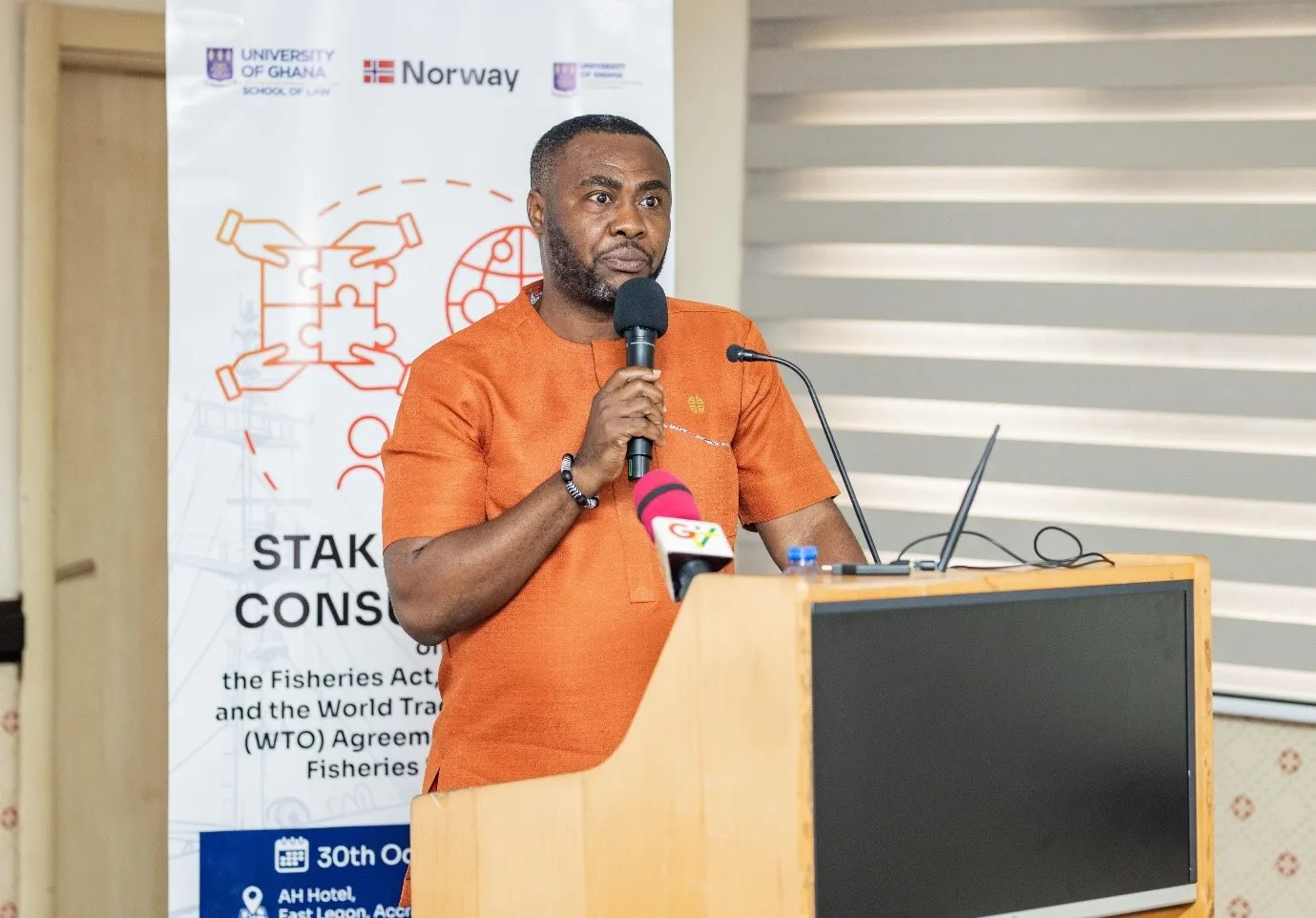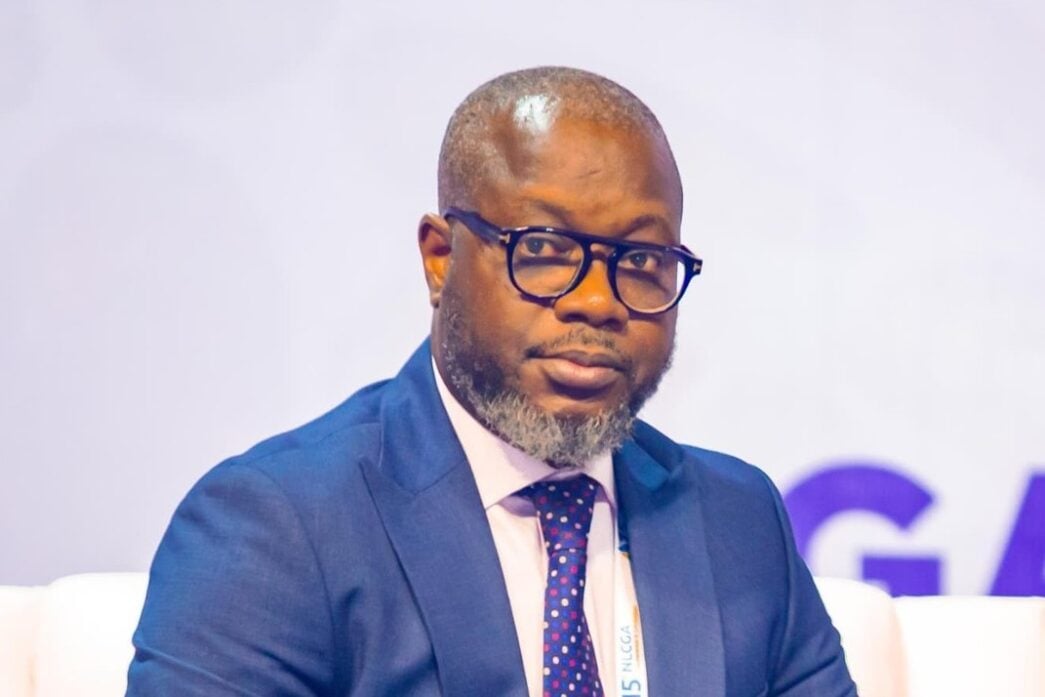Copyright thebftonline

By Kingsley Webora TANKEH The Coordinator of the Ocean Governance Project, Dr. Godwin Djokoto, has hailed the new Fisheries Act as pivotal to sustainable ocean management, but expressed concern over how hurriedly it was enacted without sufficient consultation, stressing that the law has technical flaws that could make its enforcement difficult. He said the one-year period designated for drafting the law’s accompanying regulations is critical to “resolve some of these difficult positions.” Speaking at a stakeholder consultation on the new Fisheries Act, 2025 (ACT 1146) and the WTO agreement on harmful fisheries, Dr. Djokoto pointed to a technical error in the law, in which the Fisheries Commission is tasked to collaborate with certain voluntary organisations to enforce the law. This, he warned, could affect the sustainability and enforcement of the law. “Looking at the fact that it is possible for some of these organisations to go defunct, if they remain in the law, that becomes a technical problem to the execution of the law,” Dr. Djokoto explained. He, therefore, recommended that the government “use broad language, for example, to say ‘stakeholders,’ instead of naming particular voluntary organisations in the law”. The dialogue was convened by the University of Ghana School of Law and the Department of Marine and Fishery Sciences. It brought together legal scholars, scientists and government officials to discuss the shortcomings of the new law and make recommendations. “The truth of the matter is that the consultation… was not very extensive. But the fact still remains that the law has been passed and is binding on us,” he noted. While celebrating the new law, Dr. Djokoto said all is not lost, pointing to the window of opportunity, though narrow, to rectify the shortcomings of the law through upcoming regulations. The Head of the Department of International Legal Studies, Dr. Kweku Ainuson, who opened the dialogue, said the new act and Ghana’s ratification of the WTO Agreement on Harmful Fisheries Subsidies are a “pivotal moment” for the nation. However, he emphasised the need for practical implementation, warning: “When laws are well-drafted but poorly understood, they remain under-enforced. When international obligations are ratified but not domesticated, they remain symbolic.” Dr. Djokoto argued that the nation must stop treating fish solely as food and start treating it as a core commodity for national wealth creation. “We are actually moving to the direction of the blue economy, where we actually harness our marine resources for the betterment of this country, in terms of business and wealth. We must exit from the point where we treat fishing at a subsistence level to that of good business, which can transform the lives and the economy of this country,” he added. Dr. Djokoto said Ghana can learn from Norway’s powerful economy built on hydrocarbons and fish, balancing food security with commercial gain. “So in my mind, it should be both. Both serving as food and business,” he said.



